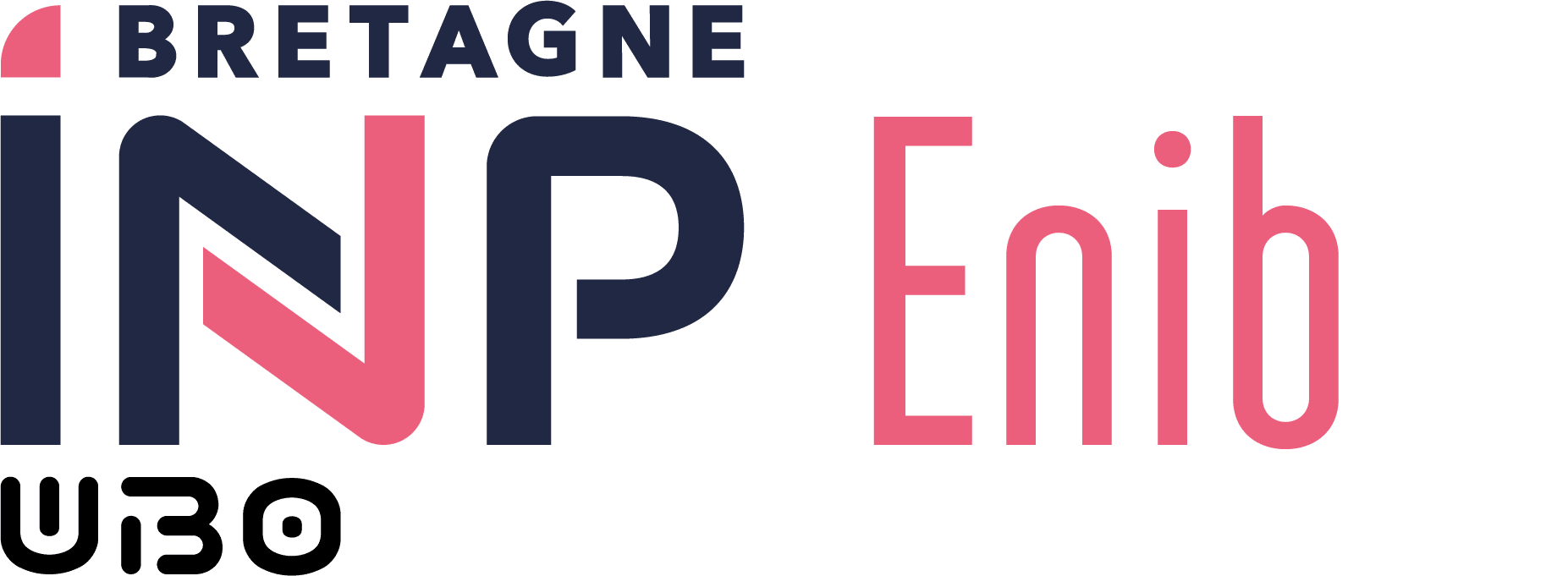Methodology for Information Systems Engineering (07_O-MSI)
- Coefficient : 6
- Hourly Volume: 150.0h (including 81.0h supervised)
- CM : 19.5h supervised
- Labo : 61.5h supervised (and 3h unsupervised)
- Out-of-schedule personal work : 66h
AATs Lists
Description
This software engineering module provides content for the development of information systems. The module includes an academic part and an industrial part.
The academic part, over 7 weeks, offers teaching on metamodelling, model transformation, the use of a framework, the implementation of design patterns, and software testing.
The industrial part, also over 7 weeks, aims to complement this teaching with content provided by the school's industrial partners and taught by practicing engineers. Topics covered may include specifications, virtualization, containerization, interprocess communication, response to calls for tenders, software testing, DevOps, and cybersecurity.
Learning Outcomes AAv (AAv)
- AAv1 [heures: 20, C1] : At the end of the MSI optional module, a student will be able, by implementing the concepts of metamodeling, to analyze, modify and transform a business model written in UML.
- AAv2 [heures: 20, B2, C1, D2] : At the end of the MSI optional module, a student will be able to understand the notion of Design Pattern. In particular, students will be able to explain and develop a solution by applying one or more Design Patterns
- AAv3 [heures: 20, D1, D2, D3, D4] : At the end of the teaching, a student will be able to use a Framework. In particular, a student will be able to develop a REST application using the Model-View-Controller (MVC) architectural pattern
- AAv4 [heures: 10, C3, D3] : At the end of the teaching, the student will be able to understand the concept of testing. In particular, a student will be able to write automated tests.
AAV5 [heures: 60, ]: By the end of the optional MSI module, a student will be able to implement the resources and knowledge provided by a practicing engineer to initiate the use of a variety of current techniques for information systems: specification, virtualization, containerization, inter-process communication, responding to RFPs, etc.
AAV6 [heures: 20, ]: By the end of the optional MSI module, a student will be able to demonstrate an awareness of information systems security principles.
Assessment methods
Average of several assessments
Key Words
- Model Engineering - Model Transformation - Data Models
- Software Design - Software Architectures
- Software testing
- Web application
- Cybersecurity
- Virtualization
- DevOps
Prerequisites
- Object programming language: java
- Object modeling language: UML
- Relational databases: relational model and SQL
Resources
- Course and tutorial materials
- OMG and W3C standards
- UML (meta-)modeling software - code generator
